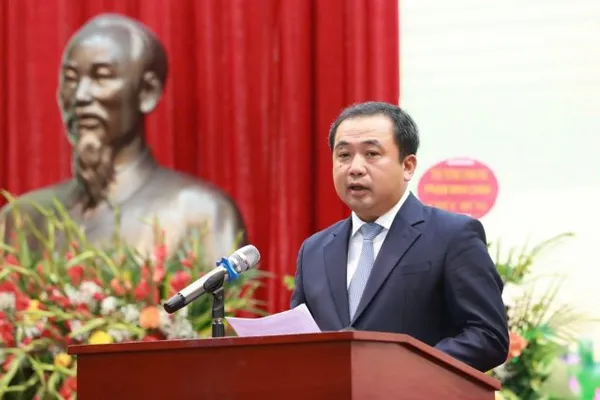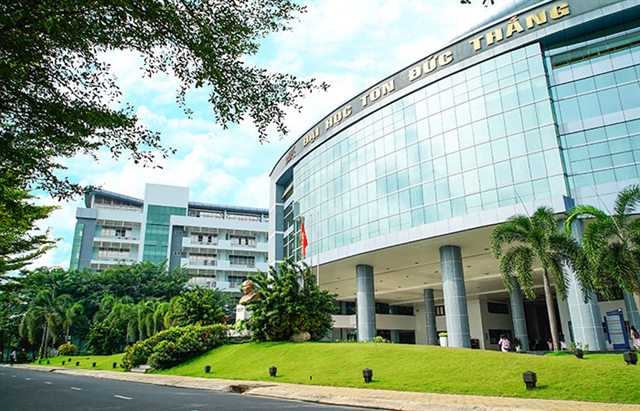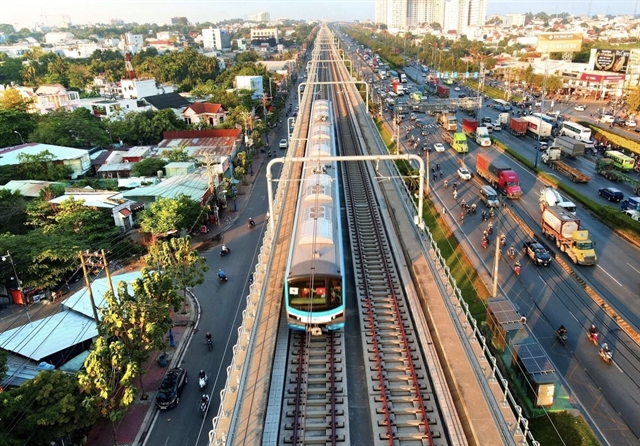 Opinion
Opinion


|
| A view of Tôn Đức Thắng University. — Photo courtesy of the Tôn Đức Thắng University |
Professor Lê Vinh Danh, president of Tôn Đức Thắng University, talks to the Giáo dục Việt Nam (Việt Nam Education) newspaper about upcoming changes in PhD education in Việt Nam
How would self-autonomy for Vietnamese universities ensure high-quality PhD education?
University autonomy is the most basic principle in improving educational quality and university education in particular.
Of course, the process of granting the self-autonomy to a university is very important to ensure high-quality education.
If a university has been granted autonomy, that university is given the right to decide its teaching curriculum and its co-operation with any foreign university as well as other activities.
More importantly, the university management board would be granted the right to decide its own financial scheme, including salaries. Such a lucrative policy would help attract talented people, including foreign specialists.
However, implementing such a policy is almost impossible as the issue of human resources is subject to the decisions of the university management board. Adding to that their salaries are also subject to Ministry of Finance policies in accordance with the Government’s financial law.
This is one of the reasons why recently, quite many universities have raised the idea of creating a 'research group' and Tôn Đức Thắng University is one of them.
Since its establishment in 1997, the university has had autonomy rights. By the year 2009, the university had established its first research group. That research group has since been operating on the basis of self-financing. The school council/management council has developed its own rules on how the money should be used.
How are PhD courses run by Tôn Đức Thắng University?
Registering for a PhD course has captured much attention from quite a number of Vietnamese university graduates. It is undeniable, people with PhD degrees are well respected in Vietnamese society. Their knowledge about the field they are studying is very broad and deep. But many people have asked if they have put the educational knowledge they have acquired into use in reality or not. Until now there is no answer to that question.
It is undeniable that PhD training quality is a reflection of the economic knowledge level of the Vietnamese nation.
Will you please talk a bit in detail about PhD courses run by Tôn Đức Thắng University?
There are three most salient points in running a PhD course in Tôn Đức Thắng University that a PhD candidate must have to follow.
First, any PhD candidate wanting to defend their PhD paper must have at least one article published in the Scopus or ISI Web of Science
Second, a PhD candidate should work in a group of researchers on the same topic that they are doing.
Finally, English is the main language used throughout the four-year course of a PhD candidate.
The candidate must have a good command of English and they must have all the required projects published in the ISI/Scopus.
Last but not least, the candidate must have their scientific paper presented at an international workshop with participants from at least 10 universities coming from five countries. — VNS




